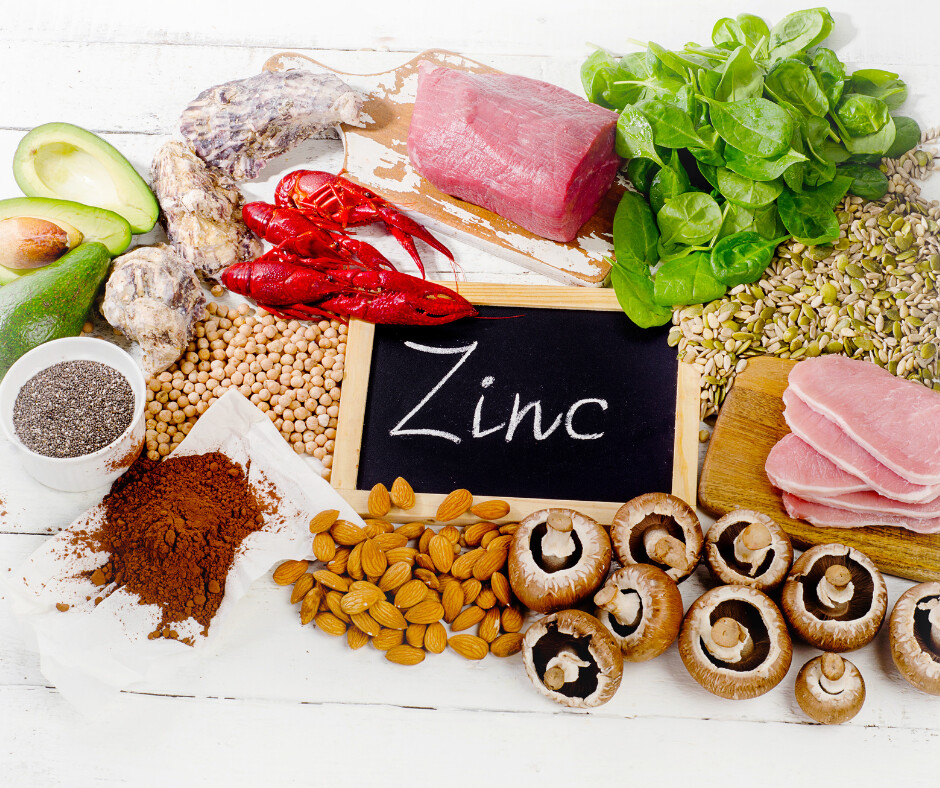
Zinc is a foundational mineral that has an essential role in the development of hormones and immune function. Like magnesium, it plays a critical role in many chemical processes in the body. It is present in every cell, organ, bone, tissue and fluid in the body. Even though it is commonly added to prepared foods and multi-vitamins, not everybody can absorb zinc easily. You can get a sense of whether or not you have enough zinc in your body by doing a simple test at home. Or you can get a blood, urine or hair test by your doctor. Here are some important things to know about zinc.
Stress
Emotional stress is hard on your body in many ways. One of the things that chronic stress does is deplete your body of important vitamins and minerals. In extreme cases, chronic stress can lead to adrenal fatigue and a deficiency in calcium, magnesium and zinc.
Poor Blood Sugar
Eating lots of sugar and carbohydrates can cause your body to not be able to regulate blood sugar levels. This in turn can affect it's ability to absorb zinc. Zinc is a key component in allowing your body to communicate and control the blood sugar pathways. In fact, low zinc levels are often associated with diabetes. Research is being done to determine if zinc can help prevent the onset of diabetes. Preliminary results indicate that it may.
Gut Health
Poor gut health can lead to your body's inability to absorb nutrients, including zinc. In addition, when you have a leaky gut, certain tiny particles that should never be able to enter your bloodstream, start to make their way through. One of the most important things you can do is to eat a healthy diet free of added sugar, GMOs, refined oils, and synthetic food additives. Add in foods that are rich in antioxidants and feed the good bacteria in your gut. You can feed the good bacteria by taking a high quality probiotic supplement or by eating foods that are naturally fermented like yogurt, kimchi, sauerkraut, tempeh, and miso.
Foods High in Zinc
The best foods for zinc are those in which the trace mineral is readily available to be absorbed by your body. This includes animal meats, seafood and eggs. Zinc is also found in grains, legumes, fruits and vegetables. But for some, these sources of zinc are less bioavailable because of the phytic acid found in them. Phytic acid is in all edible seeds, grains, legumes and nuts in varying quantities. It is also found in small amounts in roots and tubers. Soaking, heating, sprouting, and fermenting can help make the zinc more bioavailable.
Supplements
If you suspect that you are deficient in zinc, or your immunity is weakened, you may want to take a high quality supplement. Zinc supplements generally contain several forms of zinc, including zinc acetate, zinc gluconate and zinc sulfate. Zinc gluconate is the most common over-the-counter zinc supplement that can be found in your local drug store. Zinc gluconate and zinc acetate are often added to cold remedies, including nasal sprays and lozenges. You can find the best selling zinc supplements that have been tested and rated at LabDoor.com. There are also functional medicine doctors, chiropractors and naturopaths that carry high quality supplements.
Did this help you? If so, I'd greatly appreciate it if you commented and/or share it on social media.

Email: sharonledwards@hotmail.com
Facebook: https://www.facebook.com/sharonledwardsbiz/



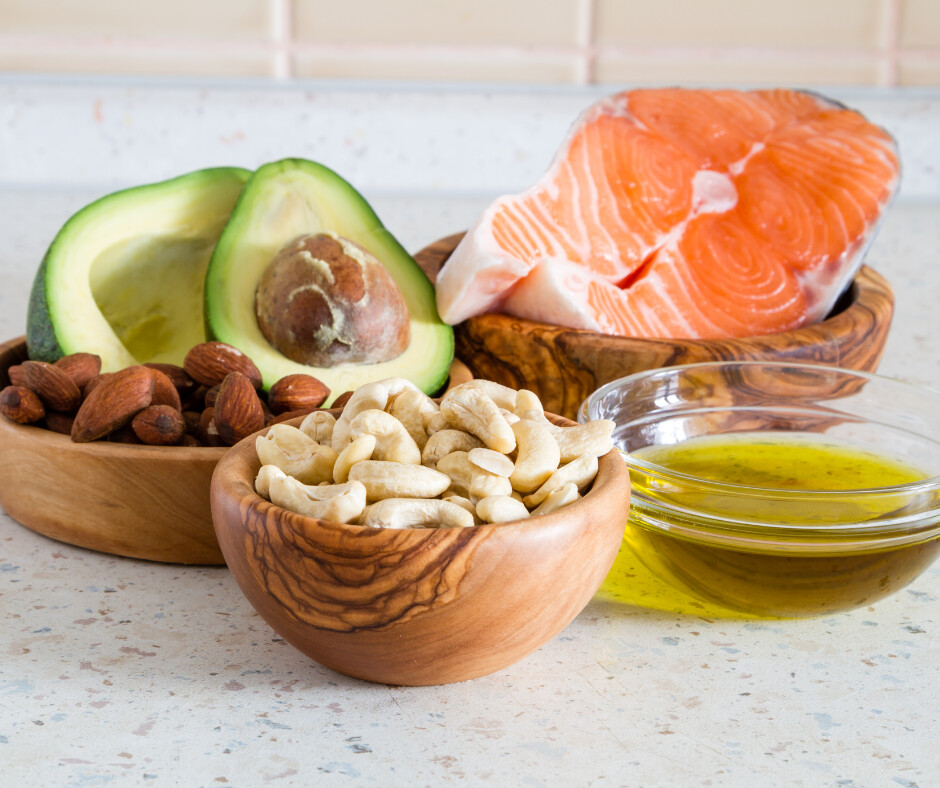


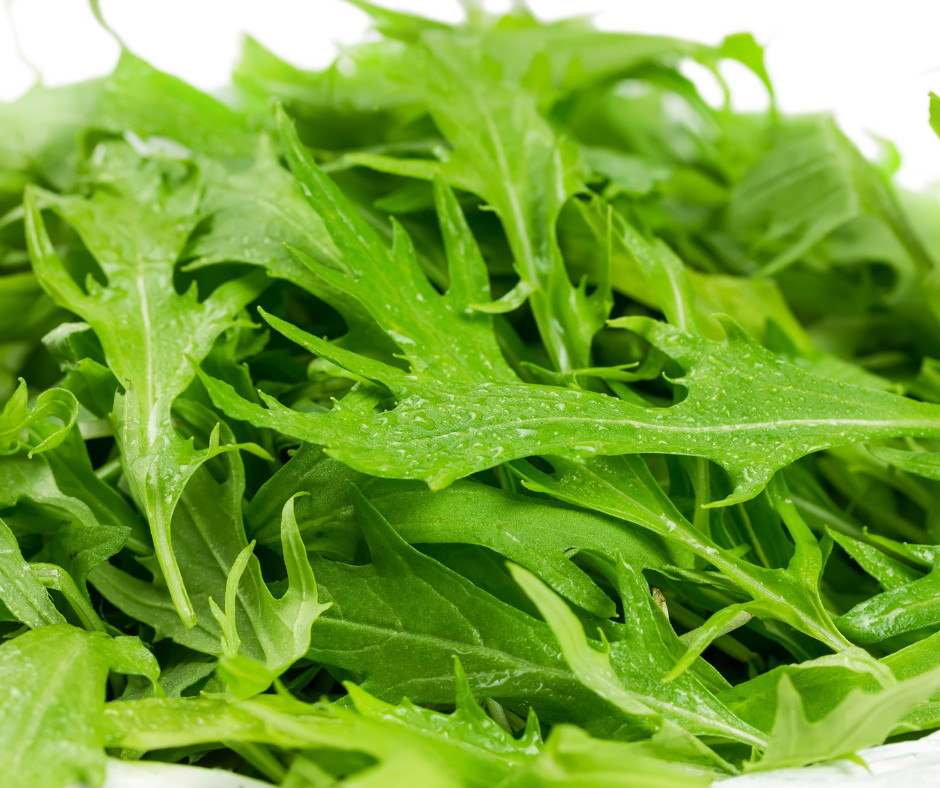

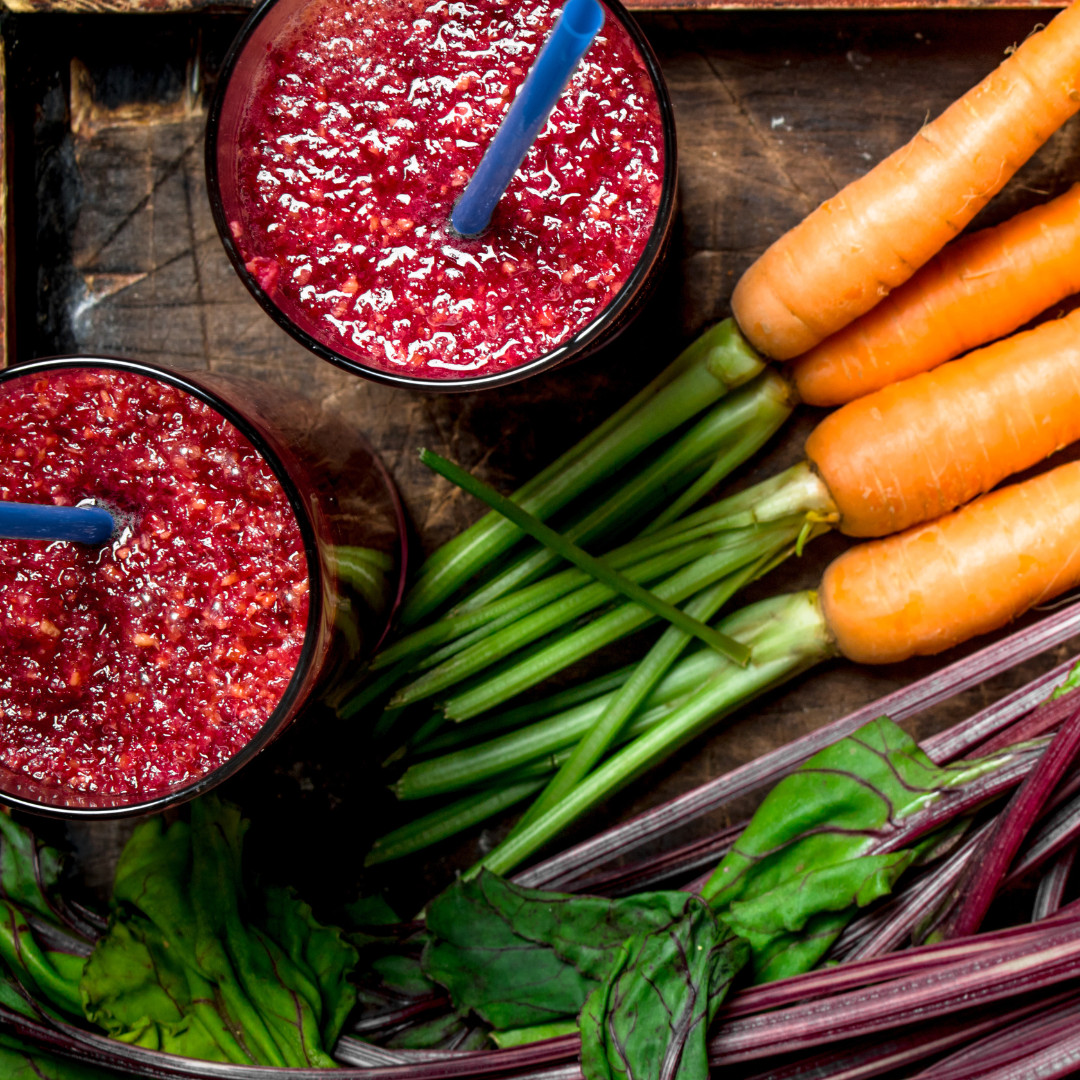

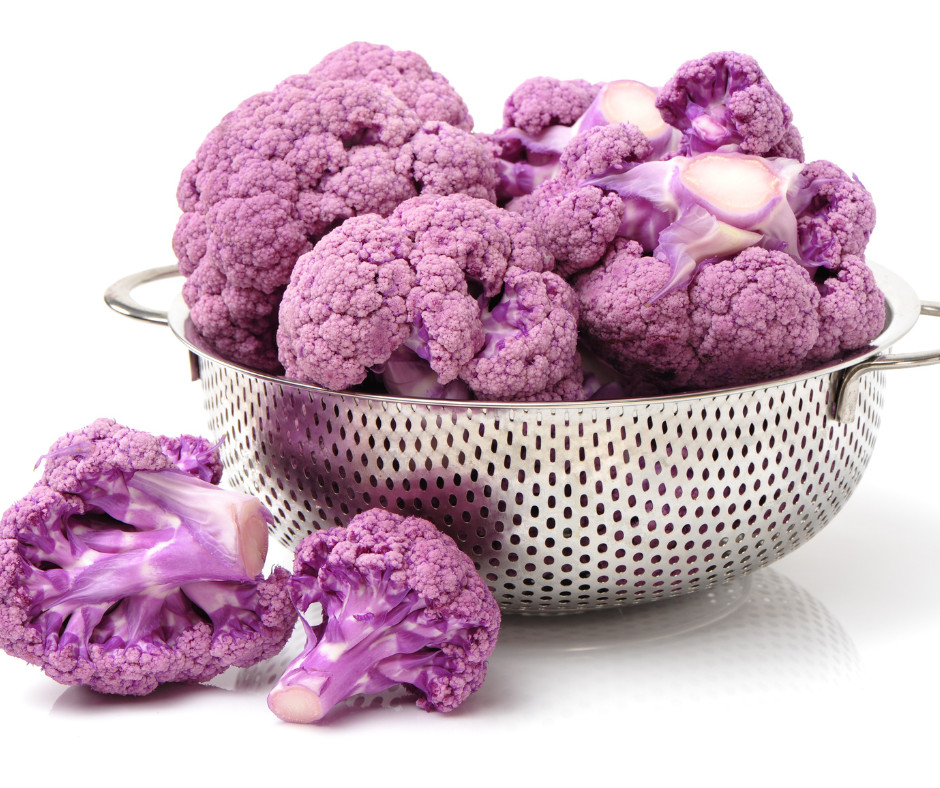
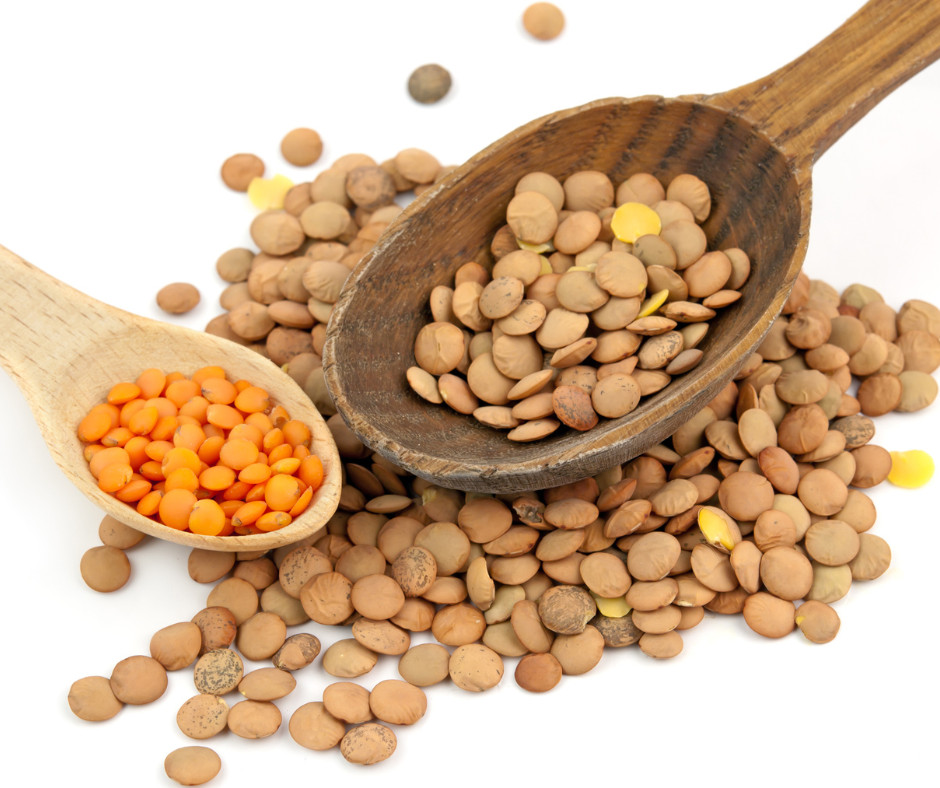
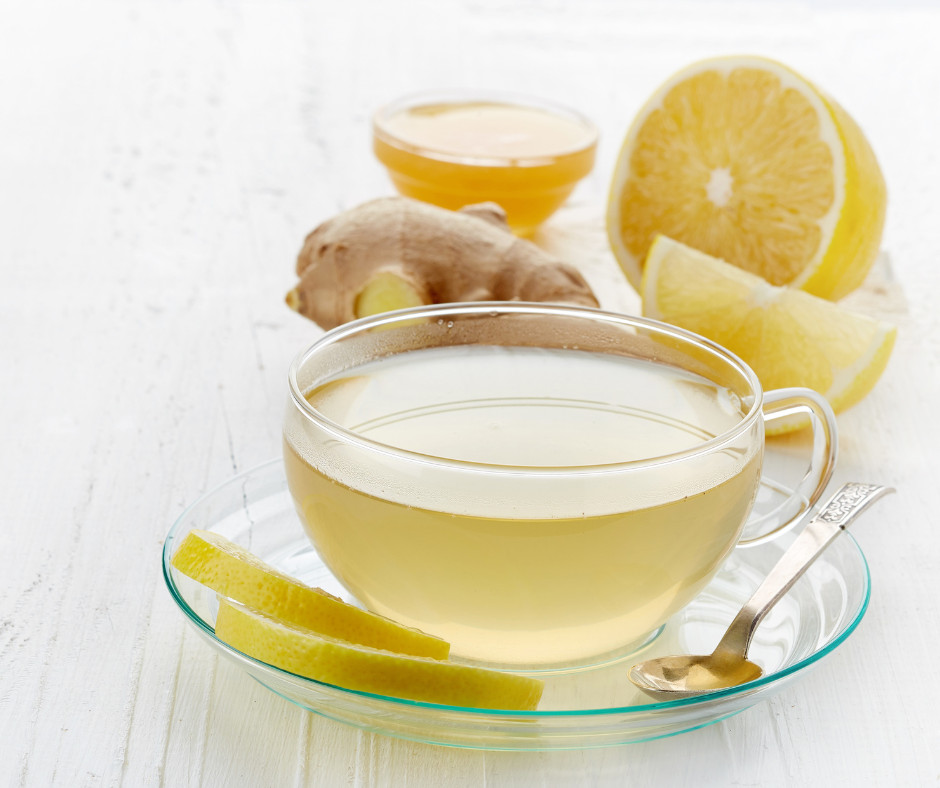





0 Comments